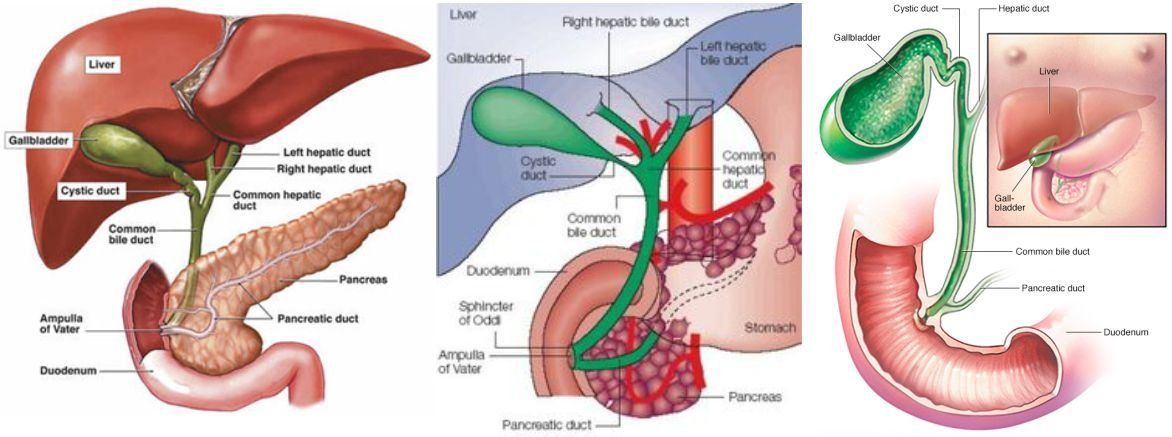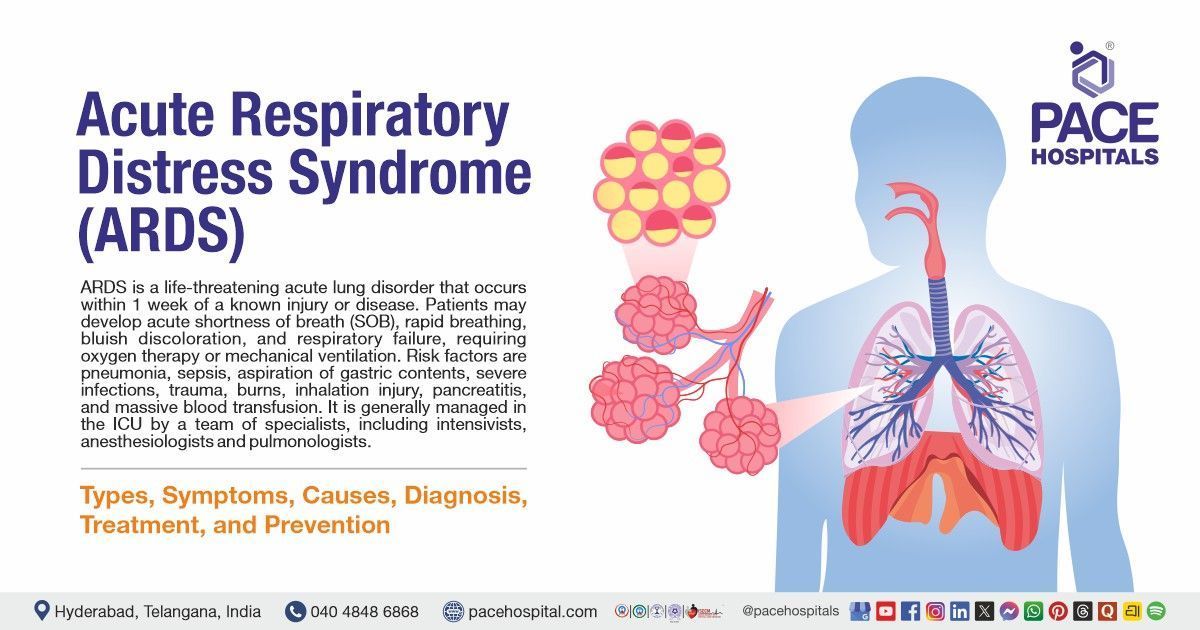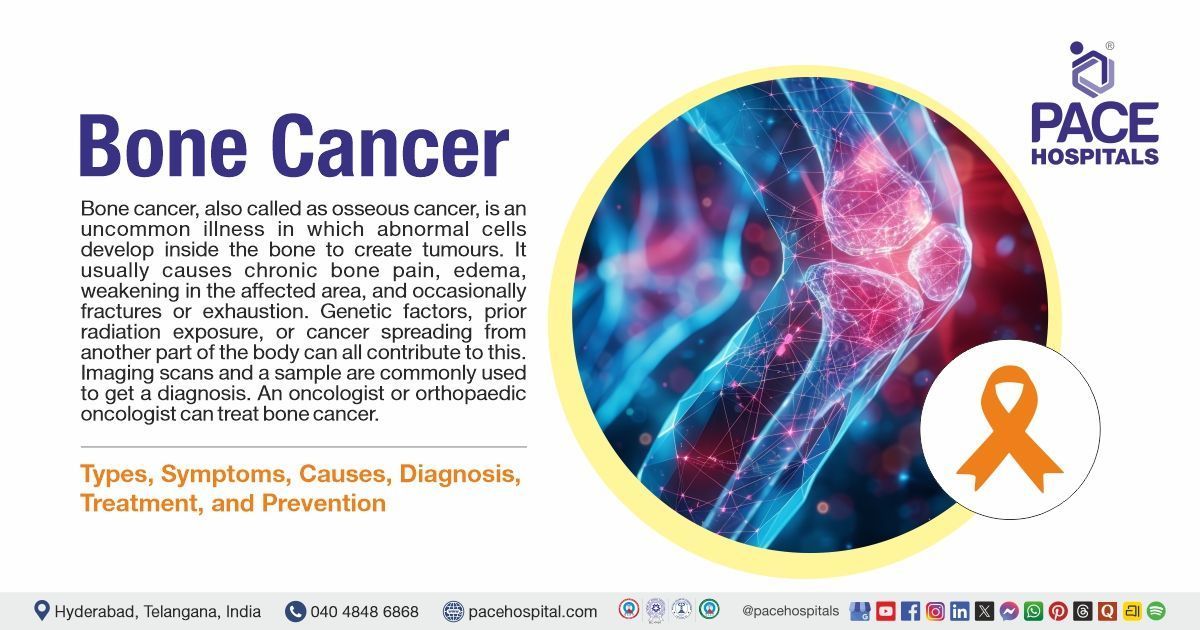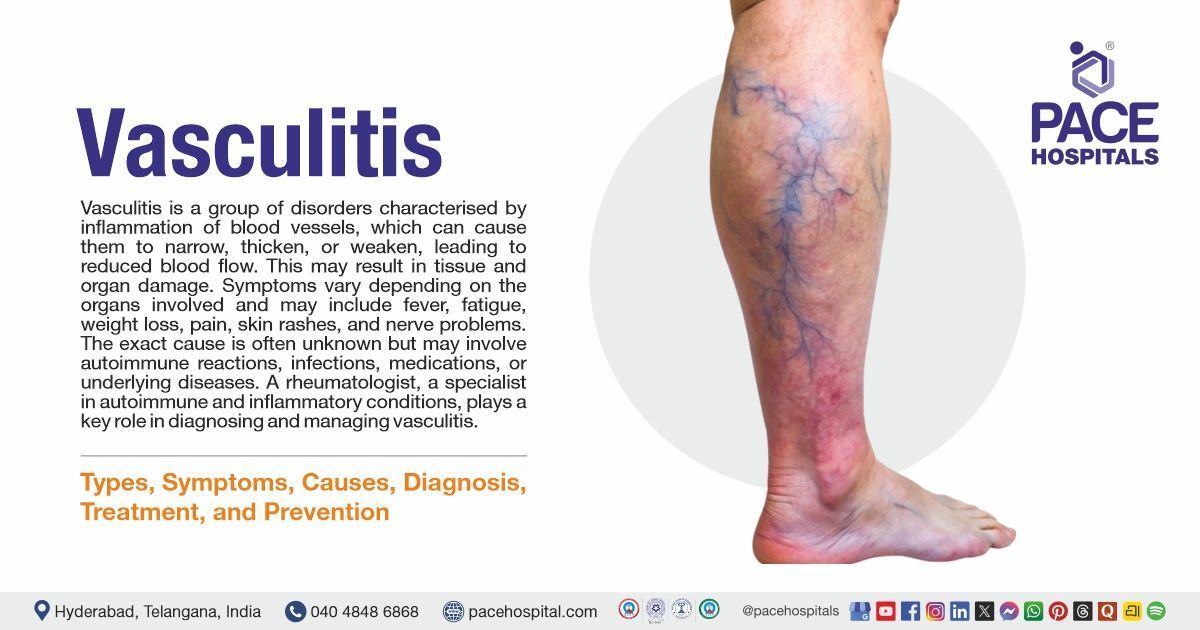HPB Oncology – A Vibrant and Rapidly Evolving Subspecialty
PACE Hospitals
Written by: Editorial Team
Medically reviewed by: Dr. Ramesh Parimi - Senior Consultant Surgical Oncologist
Understanding HPB Oncology
Hepato-Pancreato-Biliary (HPB) Oncology is the specialized field of medicine that focuses on cancers of the liver, pancreas, gallbladder, and bile ducts. These cancers, collectively known as HPB cancers, are among the most challenging malignancies to diagnose and treat because of their deep anatomical location, subtle symptoms, and complex surgical demands.
At PACE Hospitals, Hyderabad, our HPB oncology team combines expertise from surgical oncology, hepatology, gastroenterology, interventional radiology, and medical oncology to deliver precise, multidisciplinary care for patients with HPB cancers.
This subspecialty is not just about surgery—it’s about early diagnosis, advanced imaging, precision intervention, and coordinated cancer management that significantly improve survival and quality of life.
How Are HPB Cancers Different from Other Abdominal Cancers?
Most abdominal cancers, such as those of the stomach or colon, are relatively easier to diagnose through common tests like endoscopy, colonoscopy, or ultrasound because their symptoms—vomiting, bleeding, or visible masses—often appear early.
However, liver, pancreatic, and bile duct cancers are very different:
- They are deep-seated and not easily visible in standard imaging.
- Symptoms appear late and are often non-specific.
- Advanced imaging (like MRCP, ERCP, or endoscopic ultrasound) is required for accurate diagnosis.
Because of their unique anatomical location, HPB cancers can silently progress for months before being detected, which makes early recognition by specialists critical.
Symptoms of HPB Cancers
Early symptoms of HPB cancers are subtle and easily overlooked. Many patients initially report vague signs such as:
- Loss of appetite (anorexia)
- Fatigue or malaise
- Unexplained weight loss
- Mild abdominal discomfort or fullness
By the time prominent symptoms develop, the cancer often reaches an advanced stage.
Common later-stage symptoms include:
- Jaundice (yellowing of eyes and skin)
- Dark urine or pale stools
- Persistent nausea or vomiting
- Abdominal pain radiating to the back
- Fever or itching
Unfortunately, many patients undergo multiple ultrasounds or endoscopies without definitive answers, often being told they have “acidity” or “gastritis.” By the time they reach a specialized HPB centre, advanced imaging reveals inoperable pancreatic or bile duct cancers that could have been detected earlier.
How Is Diagnosis Made?
At PACE Hospitals, a structured diagnostic approach is followed:
- Advanced Imaging Studies:
- Triphasic CT Scan (Liver & Pancreatic Protocol) – captures detailed images of blood flow and tumour structure.
- MRI with MRCP (Magnetic Resonance Cholangiopancreatography): Checks the pancreatic and bile ducts for lumps or obstructions.
- Endoscopic Ultrasound (EUS): offers high-resolution imaging of the pancreas and surrounding arteries, frequently enabling tissue collection via fine needle aspiration (EUS-FNA).
- ERCP (Endoscopic Retrograde Cholangiopancreatography): Assists in relieving biliary obstruction and obtaining brush cytology or biopsy samples.
- SpyGlass Cholangioscopy: An advanced endoscopic technique used to directly visualize bile ducts and obtain targeted biopsies when standard imaging is inconclusive.
- PTBD (Percutaneous Transhepatic Biliary Drainage): Used in cases of severe jaundice when internal stenting is not feasible.
- Preoperative Portal Vein Embolization (PVE): Conducted prior to major liver resections to augment the future liver remnant and ensure improved postoperative recovery.
All these advanced diagnostic and interventional facilities are available at PACE Hospitals’ specialized HPB Oncology Unit, providing seamless integration from diagnosis to tailored treatment.
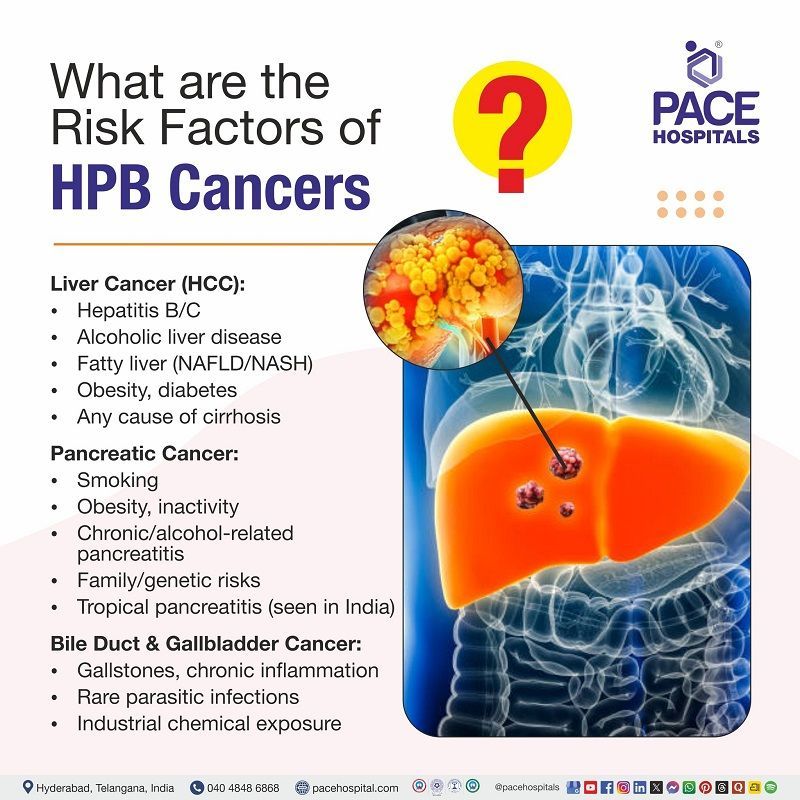
Risk Factors for HPB Cancers
Liver Cancer (Hepatocellular Carcinoma – HCC):
- Hepatitis B and C infections
- Alcoholic liver disease (ALD)
- Fatty liver disease (NAFLD and NASH)
- Obesity and diabetes
- Cirrhosis of any cause
Patients with chronic liver disease should undergo 6-monthly imaging and AFP blood tests for early cancer detection.
Pancreatic Cancer:
- Smoking
- Obesity and sedentary lifestyle
- Chronic pancreatitis, particularly alcohol-related
- Family history or genetic syndromes
- Tropical pancreatitis, more common in India
Bile Duct and Gallbladder Cancer:
- Gallstones and chronic gallbladder inflammation
- Parasitic infections (rare in India)
- Exposure to certain industrial chemicals
PACE Hospitals offers comprehensive risk assessment and surveillance programs for high-risk individuals, including those with hepatitis or chronic pancreatitis.
Why Do We Need an HPB Oncology Subspecialty?
HPB oncology is one of the most technically demanding areas of cancer care. Unlike general abdominal surgery, HPB surgery involves intricate dissection around major blood vessels, delicate ducts, and vital organs.
Challenges:
- High surgical complexity – the liver and pancreas have rich blood supply, making bleeding control crucial.
- Need for vascular reconstruction skills – sometimes veins or arteries must be rebuilt.
- Postoperative management – involves managing bile leaks, infections, or liver failure risk.
Why Specialized Centres Matter:
- Focused expertise leads to better surgical outcomes and lower mortality rates.
- High-volume HPB centres, like PACE Hospitals, develop proficiency through repetition and innovation.
- Multidisciplinary coordination ensures patients receive all options—surgery, interventional therapy, and oncology—under one roof.
In contrast, many general cancer centres follow a “jack-of-all-trades” approach, diluting expertise across many tumour types.
HPB Oncology demands dedicated training, advanced technology, and case volume—all of which are available at PACE Hospitals Hyderabad.
Treatment Options Beyond Surgery
While surgery provides the best chance for a cure, not recommended to all patients can undergo major resection because of underlying medical conditions or cancer's stage. At PACE Hospitals, many advanced non-surgical or less invasive options are available.
For Liver Cancer
- Radiofrequency Ablation (RFA): Heat destroys cancer cells without major surgery.
- Transarterial Chemoembolization (TACE): Chemotherapy is delivered directly to the tumour’s blood supply.
- Transarterial Radioembolization (TARE): Involves tiny radioactive beads that target liver tumours.
- Liver Transplantation: Curative for selected patients with early-stage HCC and cirrhosis.
For Pancreatic Cancer
- EUS-Guided Biopsy and Ablation – for precise diagnosis and local tumour control.
- Endoscopic Stenting – to relieve bile or pancreatic duct obstruction.
- Laparoscopic Pancreatic Resections – minimally invasive surgery for suitable cases.
- Chemotherapy or targeted therapy for advanced stages.
For Bile Duct & Gallbladder Cancers
- ERCP or PTBD stenting for jaundice relief.
- Endoscopic Radiofrequency Ablation (Endo-RFA) to destroy tumour tissue.
- Combined chemoradiation for palliative intent.
These techniques offer hope for patients previously considered inoperable, improving both lifespan and quality of life.
Why Choose PACE Hospitals Hyderabad for HPB Oncology?
At PACE Hospitals, HPB Oncology care stands on three pillars: Precision, Partnership, and Progress.
Our Strengths:
- Dedicated HPB Unit: A specialised team of experienced and skilled surgeons.
- Advanced Diagnostic Infrastructure: Equipped with state-of -the art imaging and endoscopic facilities, such as Magnetic Resonance imaging with cholangiopancreatography (MRCP), Endoscopic ultrasound (EUS), SpyGlass, and CT/MRI imaging.
- Multidisciplinary Expertise: Seemless collaboration among oncologists, gastroenterologists, hepatologists, and interventional radiologists.
- Minimally Invasive Techniques: Laparoscopic, robotic, and image-guided procedures for faster recovery.
- Comprehensive Care Pathway: From screening to rehabilitation and follow-up.
PACE Hospitals’ HPB Oncology Centre provides international-level expertise in diagnosis, surgery, and liver transplantation, making it one of the top HPB oncology centres in Hyderabad and South India.
Cost of HPB Oncology Treatments in Hyderabad
The cost depends on the type of cancer, its stage, and treatment modality.
| Procedures | Estimated cost (INR) |
|---|---|
| Diagnostic work-up (CT, MRI, biopsy) | ₹15,000 – ₹40,000 |
| Liver resection / Whipple surgery | ₹2,50,000 – ₹6,00,000 (USD 3,000 – 7,200) |
| TACE / TARE procedures | ₹1,50,000 – ₹3,00,000 |
| ERCP / EUS interventions | ₹40,000 – ₹1,20,000 |
| Liver transplantation | ₹25,00,000 – ₹35,00,000 (USD 30,000 – 42,000) |
For HPB cancer operations, PACE Hospitals provides transparent cost structures, EMI alternatives, and insurance help.
Frequently Asked Questions (FAQs) on HPB Oncology
What are the common symptoms of HPB cancers?
Early signs include fatigue, loss of appetite, weight loss, and vague abdominal discomfort. Jaundice and severe pain often appear in later stages.
How are HPB cancers diagnosed?
Using Triphasic CT scans, MRCP, EUS-guided biopsy, and SpyGlass cholangioscopy for high-accuracy diagnosis and staging.
Who is at risk for liver or pancreatic cancer?
Patients with hepatitis B/C, fatty liver, obesity, smoking, or chronic pancreatitis have higher risk and should undergo regular screening.
Are non-surgical treatments available for HPB cancers?
Yes. radiofrequency ablation (RFA), transarterial chemoembolization (TACE), transarterial radioembolization (TARE), and EUS-guided ablation offer alternatives for patients unsuitable for surgery.
What is the success rate of HPB cancer treatment?
When managed early in specialized centres, survival rates significantly improve due to accurate diagnosis, precision surgery, and advanced therapies.
What is HPB Oncology?
HPB Oncology focuses on cancers of the liver, pancreas, gallbladder, and bile ducts, offering specialized diagnosis and treatment by expert HPB surgeons.
Why are HPB cancers hard to detect early?
Because they develop deep within the abdomen and produce subtle, non-specific symptoms, often requiring advanced imaging like MRCP or EUS for diagnosis.
What makes HPB surgery complex?
Liver and pancreatic surgeries involve major blood vessels and require vascular and microsurgical expertise—hence the need for specialized centres like PACE Hospitals.
What is the cost of HPB cancer treatment in Hyderabad?
At PACE Hospitals, treatments range from ₹40,000 for diagnostics to ₹6 lakh for major surgeries and ₹30 lakh for liver transplantation.
Why choose PACE Hospitals for HPB Oncology care?
PACE Hospitals offers state-of-the-art HPB cancer care—experienced surgeons, advanced diagnostics, minimally invasive procedures, and multidisciplinary management.
Share on
Request an appointment
Fill in the appointment form or call us instantly to book a confirmed appointment with our super specialist at 04048486868


